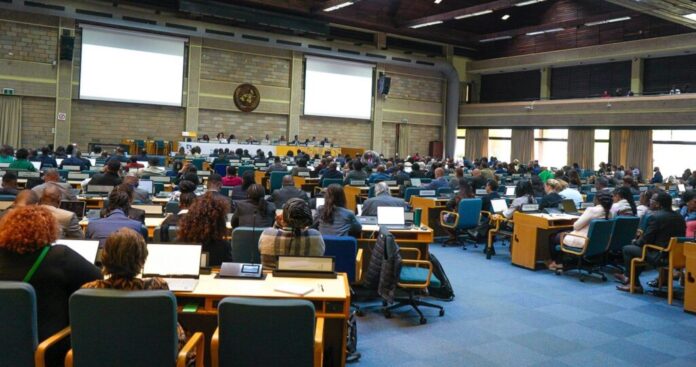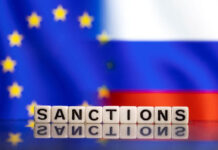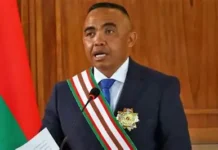Written by Lisa Murimi
As the 20th session of the African Ministerial Conference on the Environment (AMCEN) unfolds in Nairobi, environmental advocacy group Greenpeace Africa is calling for bold, unified leadership from the continent’s environment ministers to confront escalating environmental crises.
Ministers from all 54 African nations have convened to tackle urgent issues including plastic pollution, climate justice, and deforestation.
Greenpeace Africa has urged them to reaffirm commitments made under the AMCEN 19/2 Decision, which supported a legally binding global plastics treaty covering the full lifecycle of plastic.
“The plastic pollution crisis is disproportionately affecting African communities. From open burning and illegal waste dumping in low-income communities to the health threats of microplastics and toxic chemicals, it is often the most vulnerable that bear the brunt of this crisis. AMCEN must resist industry pressure and maintain its call for plastics production caps in the global plastics treaty,” said Dena,Greenpeace Africa Project Lead, Pan African Plastic Project.
Greenpeace and Oxfam released new polling data revealing that 81% of respondents across 13 African countries support taxing fossil fuel companies to fund climate recovery efforts. In Kenya, support stands at 85%, underscoring public demand for climate accountability.
“Polluters must pay,” stressed Sherelee Odayar, Greenpeace’s oil and gas campaigner. “This is not just environmental policy but a matter of justice for communities suffering the worst climate impacts.”
Deforestation is another key issue. Greenpeace forest campaigner Dr. Lamfu Yengong emphasized the need for community-based forest protection, calling for direct finance and rights recognition for Indigenous Peoples and Local Communities (IPLCs).
“African forests are being decimated while those who have protected them for generations are sidelined. AMCEN must ensure direct finance and recognition of the rights of the Indigenous Peoples and Local Communities who are the most effective guardians of our biodiversity,” said Dr Yengong.
AMCEN’s resolutions will inform Africa’s stance at global negotiations including COP 30 and UNEA 7. Greenpeace’s political strategist Koaile Monaheng stressed the importance of solidarity:
“Africa’s strength lies in its unity. Our leaders must act with courage, not caution—with conviction, not compromise. The people of Africa are demanding action, and AMCEN must deliver.”
The world is watching. Africa’s environment ministers are now at a pivotal crossroads.



















